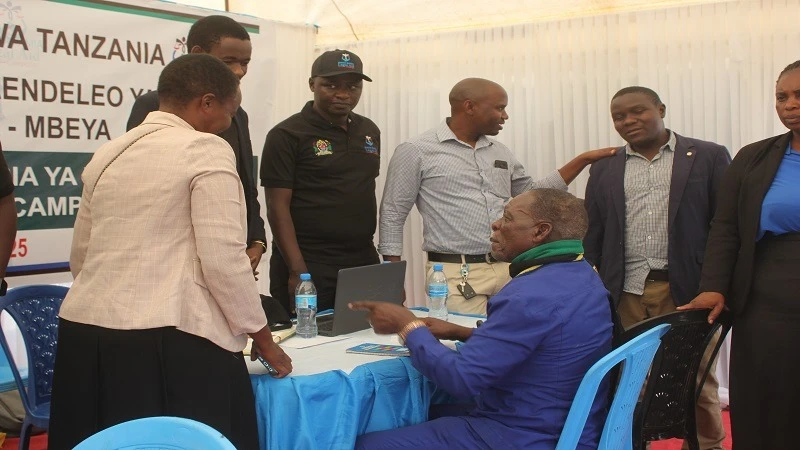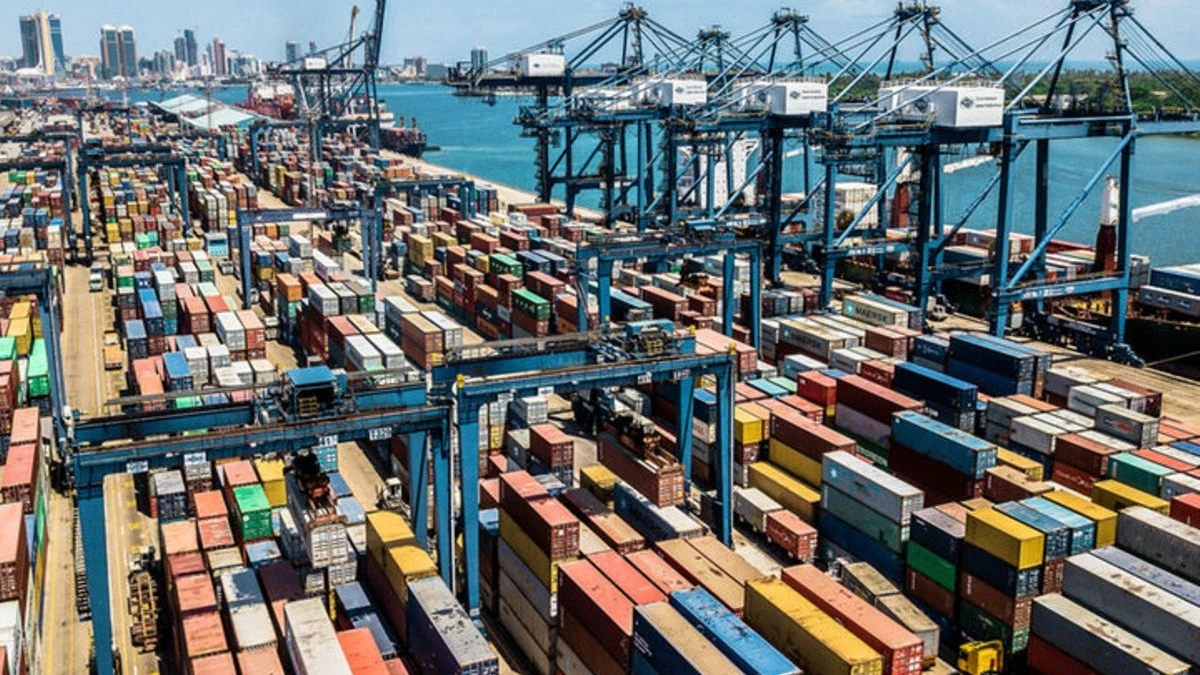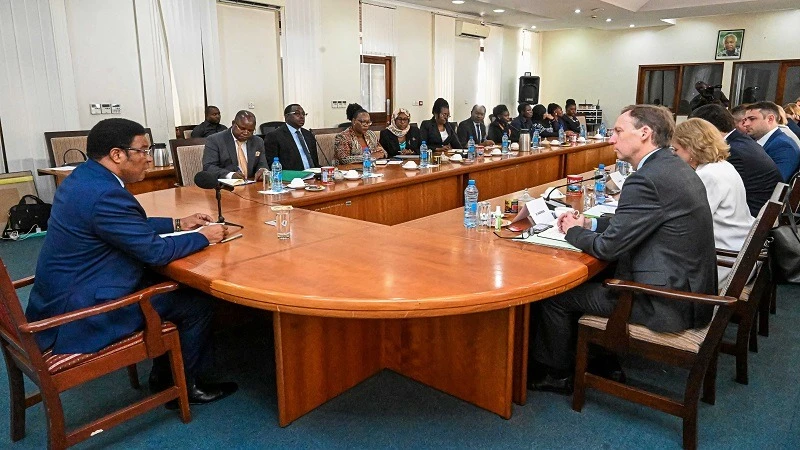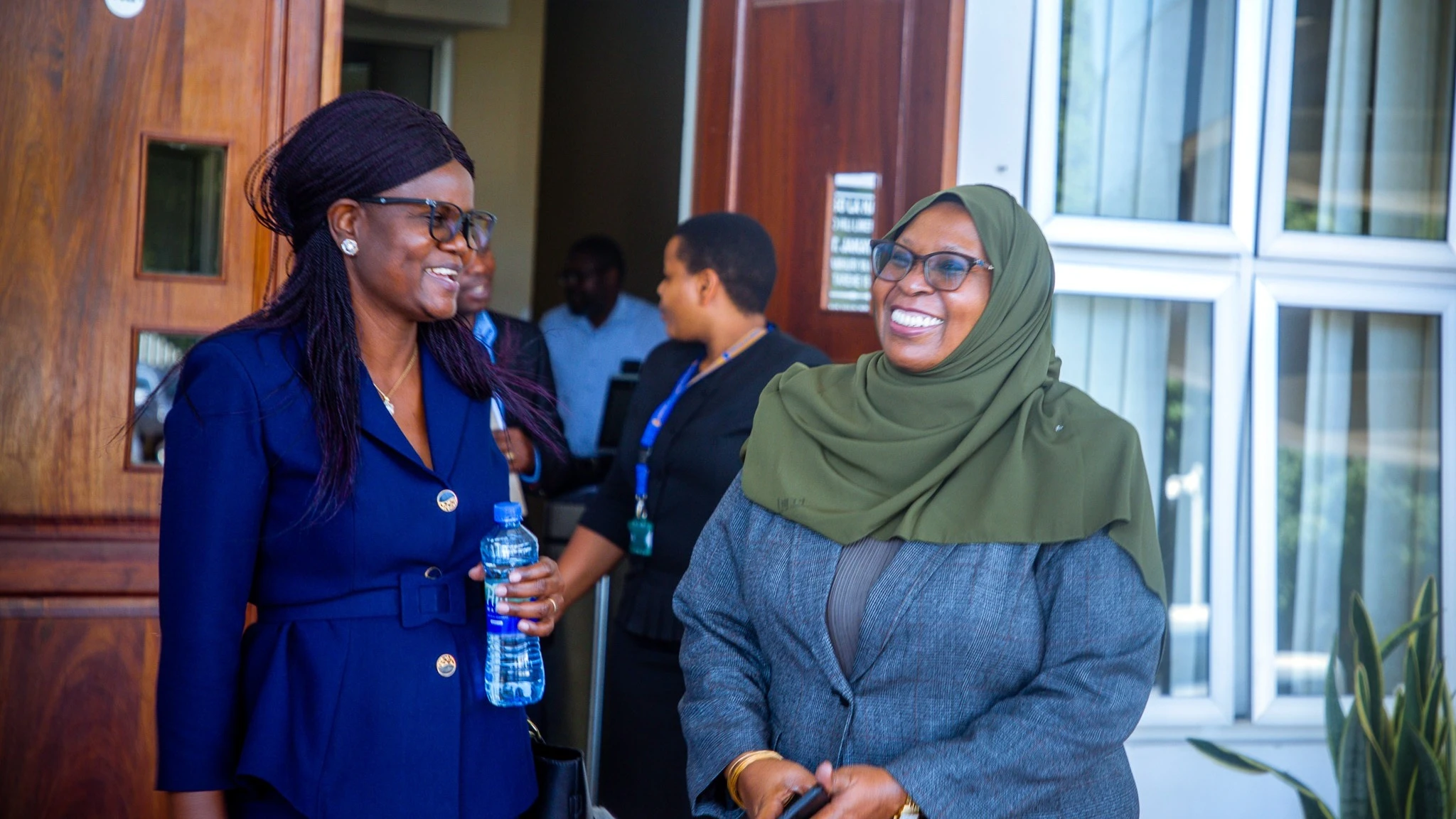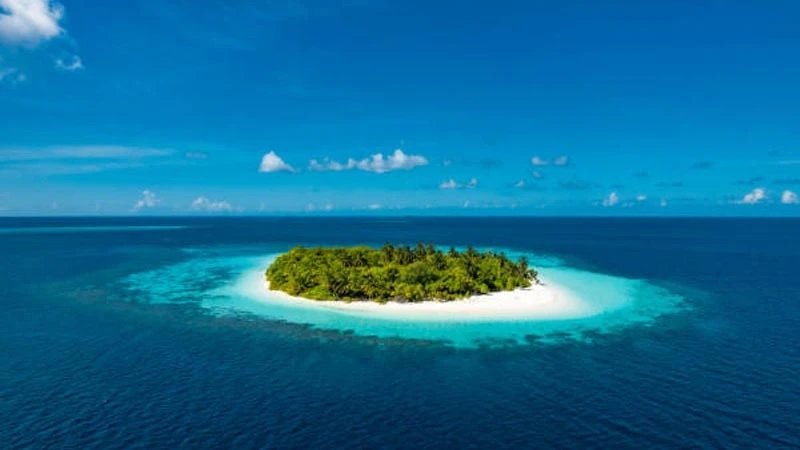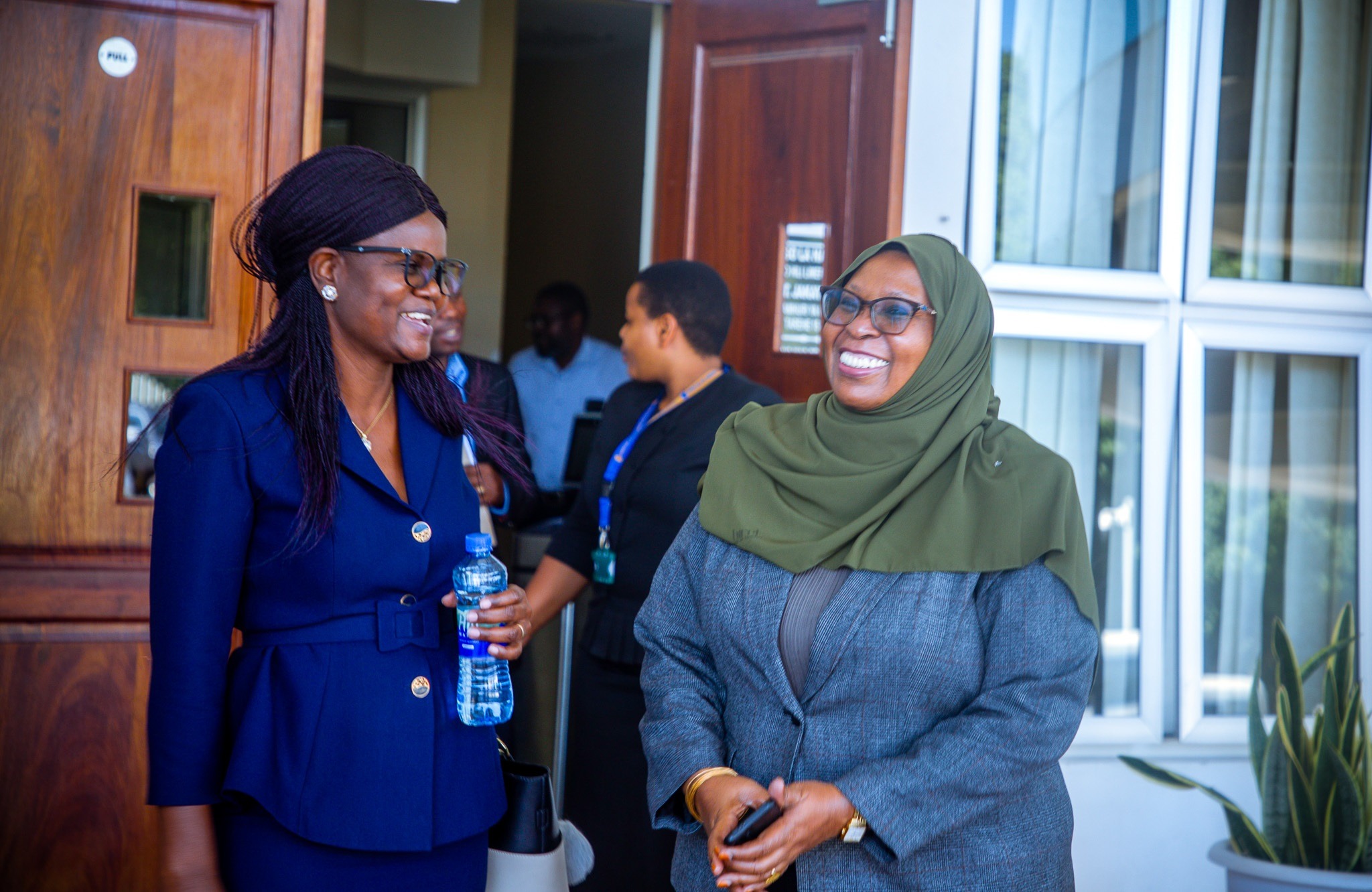Ocean governance team, global partners, examine sustainability
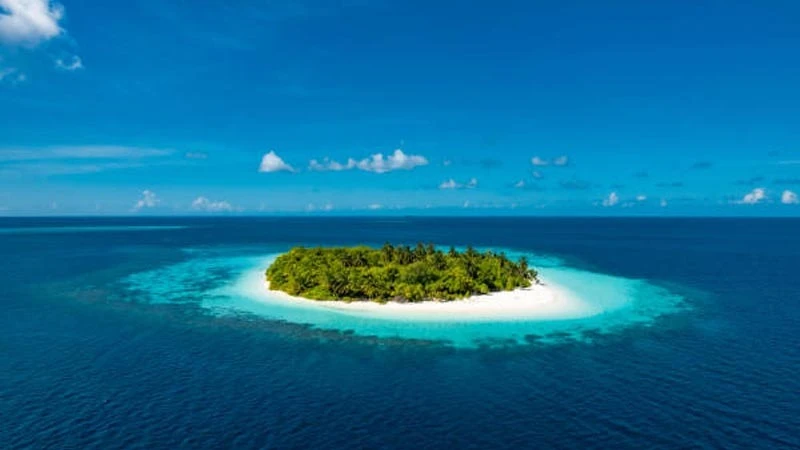
LOCAL experts and a section of development partners have appealed for a nature-positive approach to ocean management, one that moves beyond the traditional, extractive practices of the past.
Alexander Mnyeti, the Livestock and Fisheries deputy minister, aired this concern at the inaugural Regenerative Ocean Week (ROW), a transformative engagement for accelerating the development and scaling of ocean solutions across Africa and beyond.
Highlighting the urgency for investment in science and technology to protect oceans and enhance resilience, he said that the government recognizes that innovation is crucial to safeguarding the future of ocean ecosystems.
“We fully support initiatives like the Bahari Accelerator Programme, which directly addresses challenges affecting the sustainability of the blue economy,” he said, acknowledging the importance of integrating science with business to ensure sustainable and inclusive growth.
Women and youth, who are often the primary beneficiaries of the blue economy, should be placed at the forefront of seashore development initiatives, he said, as stakeholders emphasized bold leadership for a regenerative blue economy at a leading roundtable.
The roundtables explored a range of issues in decline in marine biodiversity, as the regenerative project is tailored to create a 10km eco-tourism and heritage hiking loop to promote sustainable tourism.
It will also encourage local economic activities and showcase innovation through collaboration on a multi-sector perspective, accelerating nature based solutions and blue carbon action in the Western Indian Ocean Region (WIO) via seagrass, seaweed and mangroves, experts noted.
They also discussed investing in IPLCs for ocean stewardship, including strengthening rights, finance and livelihoods in the WIO Region, which involves re-envisioning the governance of marine migratory biodiversity, by ensuring harmonious ecosystem conditions.
Countries in the region need to collaborate on ocean governance to address mounting ocean-related challenges, including species decline, on the basis of remarks by George Mba Asseko, head of the blue economy division at the African Union Commission.
Outlining Africa's vision for the blue economy guided by Agenda 2063, he stressed that traditional sectors like fishing are vital to many African nations, especially island communities, and thus their sustainable management is crucial.
“However, these sectors face serious threats such as biodiversity loss and pollution, which require collaborative action and effective governance,” he said.
Carol Mundle, head of cooperation at the Canadian High Commission, framed the challenges of the blue economy as a matter of survival, urging collective efforts to address the growing threats to oceans.
This needs to focus on building resilient communities and leveraging technology and innovation to overcome these issues, she said, while Dr Ismael Kimirei, the Tanzania Fisheries Research Institute (TAFIRI) director general, stressed the importance of innovation in advancing the blue economy.
Top Headlines
© 2025 IPPMEDIA.COM. ALL RIGHTS RESERVED










